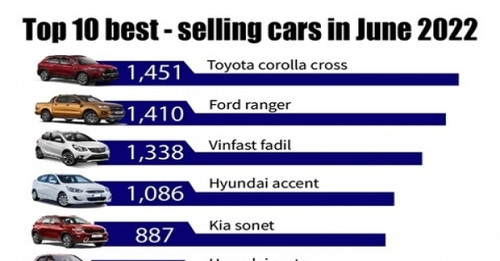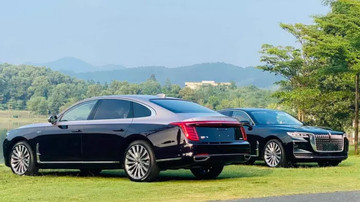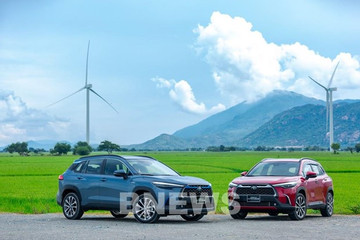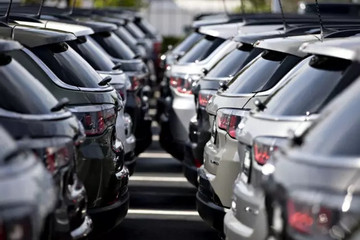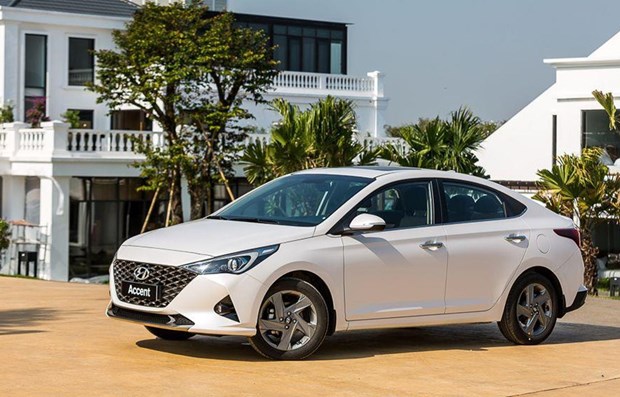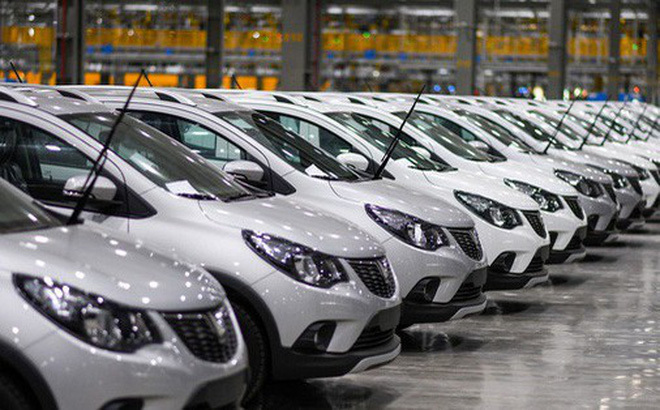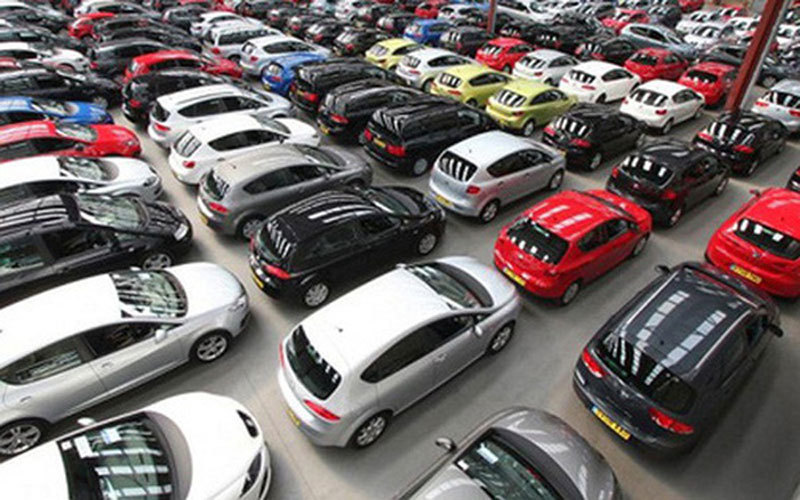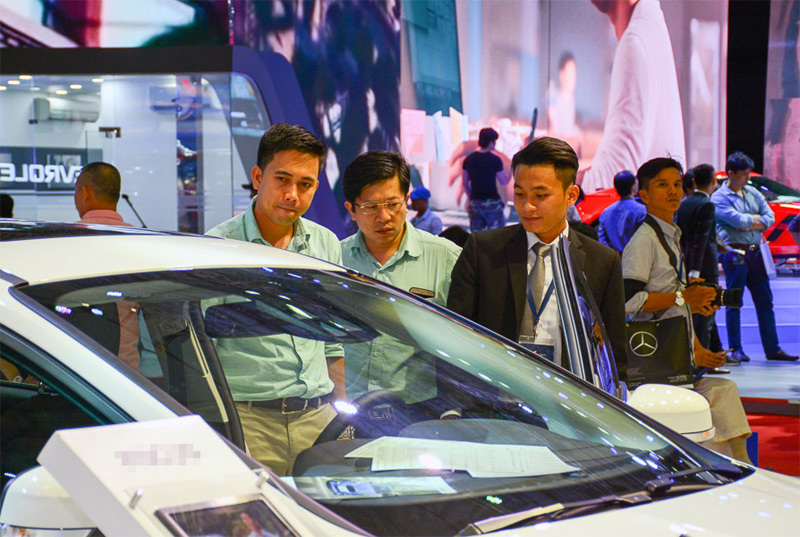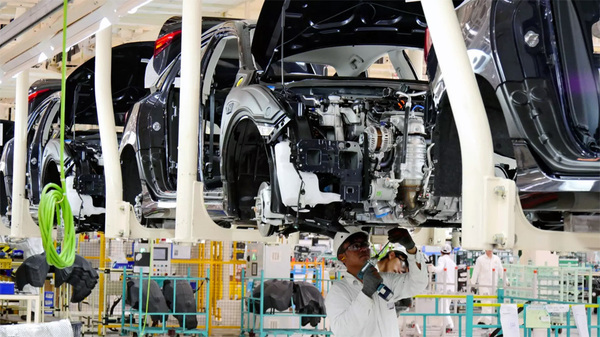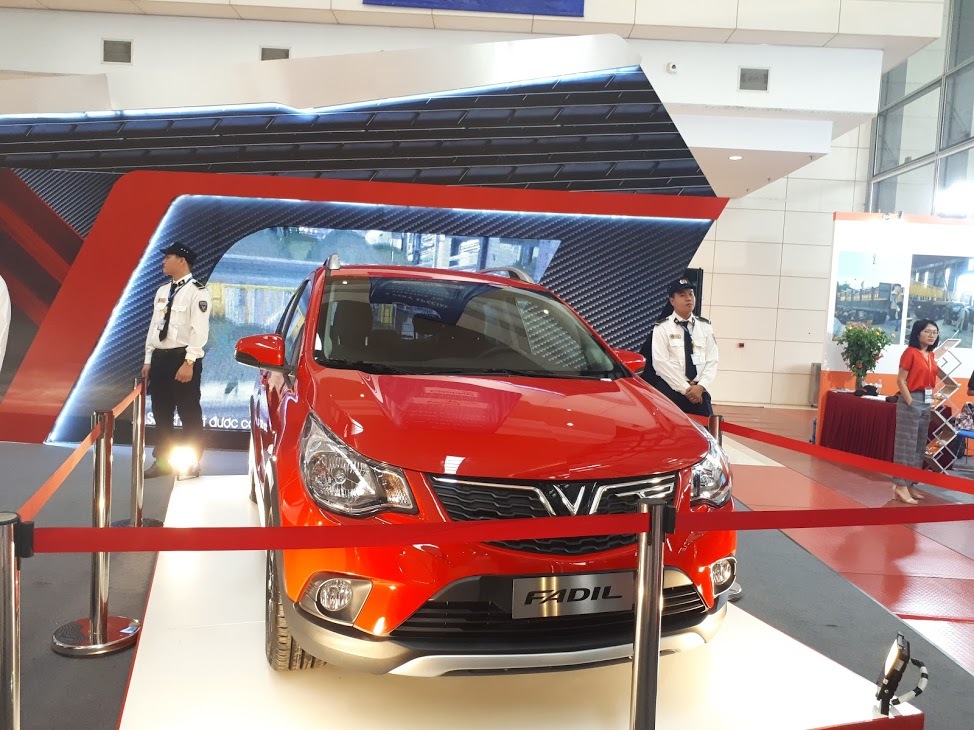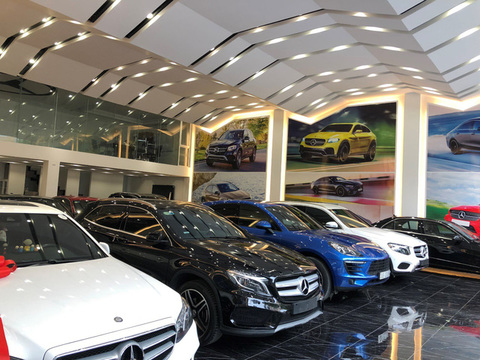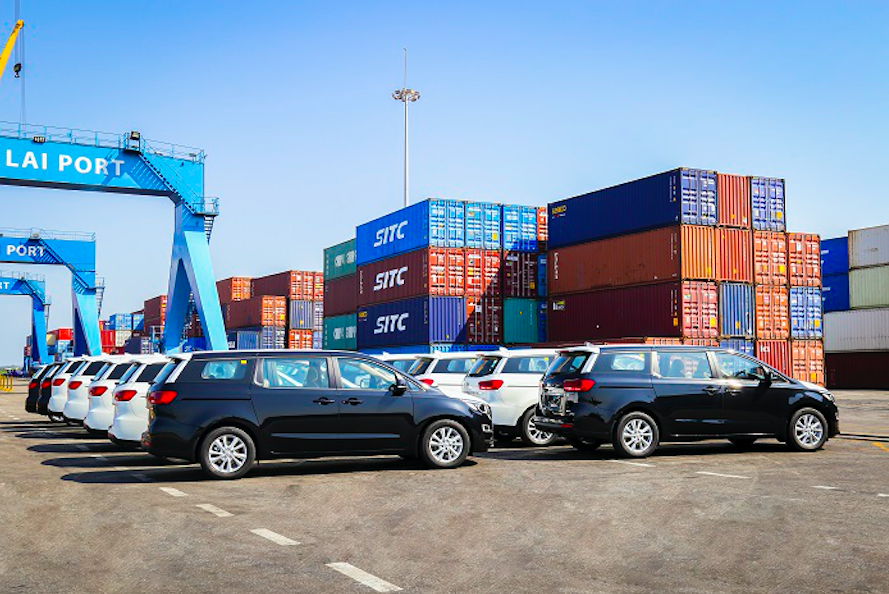- © Copyright of Vietnamnet Global.
- Tel: 024 3772 7988 Fax: (024) 37722734
- Email: evnn@vietnamnet.vn
vama
Update news vama
Automobile sales down 42 per cent on chip shortage
The Vietnam Automobile Manufacturers’ Association (VAMA) has announced that its members sold 25,159 vehicles in June, down 42 per cent from May ending three consecutive months of gains.
Luxury car purchasing power improves but deliveries are delayed
The luxury car market in H1 saw sales increasing significantly. But many clients were told to wait six months to a year for delivery.
Automobile sales down 42% due to lack of spare parts
The Vietnam Automobile Manufacturers’ Association (VAMA) said on July 13 that its members sold 25,159 vehicles in June, down 42% from the previous month.
Most Vietnamese need about 12 years of savings to buy a car
With the average income per capita of VND4.25 million a month in 2020, Vietnamese people would have to save money for 12 years to buy a car worth VND600 million (US$30,000).
Automakers warned against underestimating reputation of Chinese cars
Contrary to all predictions, Chinese cars continue to flow into Vietnam and sales have been increasing steadily, despite Covid-19 and the poor reputation of Chinese brands.
VN auto market grows slightly in 2021
Vietnam’s automobile market recorded slight growth in 2021, data from manufacturers showed.
Car importers’ request for lower registration tax worries domestic manufacturers
The request for a registration tax cut, if approved, will mostly benefit luxury car buyers.
Tens of thousands of cars unsold, factories may have to stop production
Cars have been selling very slowly in amid Covid-19 and social distancing. A gloomy future has been predicted for the automobile industry.
Vietnam’s auto market hits bottom
Although car manufacturers have cut prices deeply to stimulate demand, the Vietnamese auto market witnessed a record decrease in monthly sales over the past five years when fewer than 9,000 cars were sold in August 2021.
Car dealers offer big discounts amid Covid-19 outbreak
Car sales have dropped sharply because of the fourth Covid-19 outbreak, prompting dealers to offer big discounts.
VN auto manufacturers hit hard for last two years
The Vietnamese auto market prospered for a few years before being affected by the Covid-19 pandemic, but sales of locally assembled cars have fallen.
Investors prefer trading in land, shun the less profitable auto industry
Vingroup has sent a dispatch to the Ha Tinh provincial People’s Committee, proposing a project on an automobile complex.
Finance Ministry rejects VAMA’s proposal to slash car registration fee by 50%
The Ministry of Finance has just responded to the petition of the Vietnam Automobile Manufacturers Association (VAMA) on additional support policies for businesses facing difficulties caused by the Covid-19 pandemic.
Vietnam to raise tax on cars with high emissions
Experts have suggested imposing high taxes on vehicles and encouraging the use of electric cars.
Indonesia targets electric car production, posing challenge for VN auto industry
Indonesia aims to become an electric car manufacturing center in the region in the next few years, which will be a competitive challenge for Vietnam's domestic automobile industry.
Vietnamese rush to buy cars as prices fall
Though the automobile market has become big enough for manufacturers to step up domestic production, industry policies remain unencouraging.
Vietnam competes with Thailand, Indonesia in car exports
Vietnamese enterprises are nurturing the dream of exporting CBU (completely built up) cars, which has partially come true, though exports remain very modest.
Vietnam automobile industry on recovery path despite Covid-19
Vietnam’s rising income per capita would soon move cars from a luxury product with a passenger vehicle density of 34 per 1,000 to a more ordinary one with a density level comparable to countries in the region.
Car sales in Vietnam plunge 8% in 2020
Car sales in Vietnam in 2020 dropped 8% year-on-year to 283,983 units across all segments despite a strong increase seen in the fourth quarter, the latest data released by the Vietnam Automobile Manufacturers Association (VAMA) showed.
Uncertainties to cast shadow on Vietnam car market in 2021
The outlook of the car market for next year remains dim following a turbulent year in 2020.
